
Riley Reid is many things: adult film superstar, social media influencer, meme-lord, and now, buzzy tech founder.

Riley Reid is many things: adult film superstar, social media influencer, meme-lord, and now, buzzy tech founder.
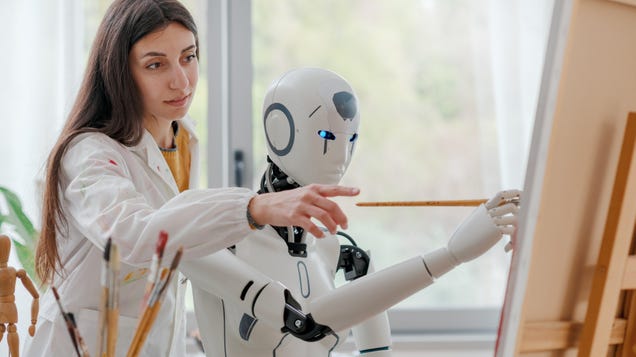
How can artists hope to fight back against the whims of tech companies wanting to use their work to train AI? One group of researchers has a novel idea: slip a subtle poison into the art itself to kill the AI art generator from the inside out.
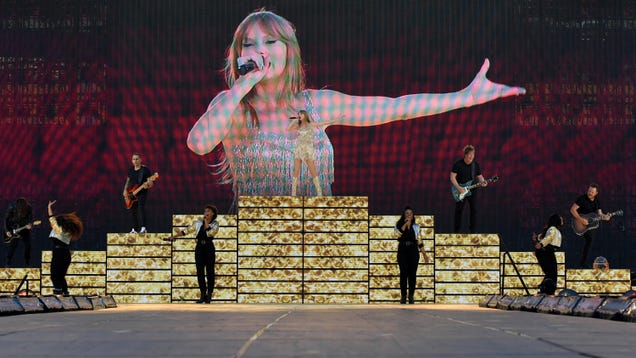
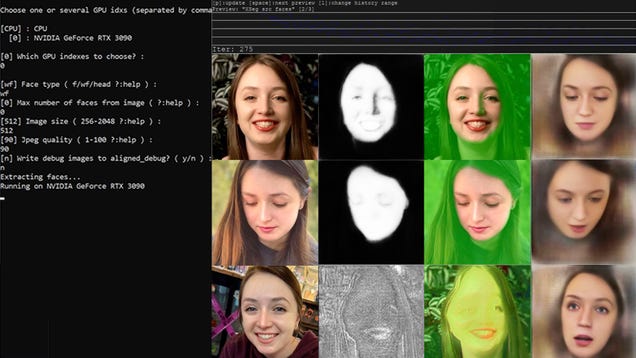
Anyone who’s spent a moment observing US political chatter in recent months has probably encountered the following prediction: 2024 will yield the world’s first deepfake election.
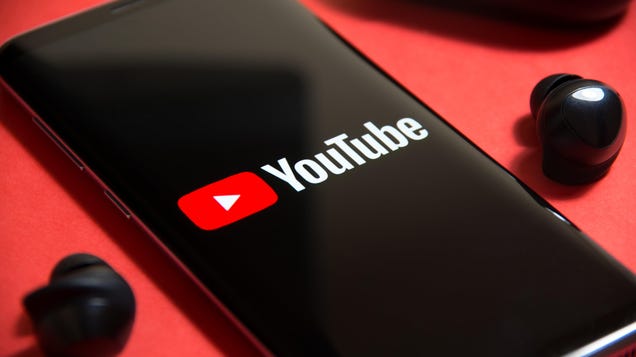
As AI-generated songs run rampant across the internet, YouTube looks to get in front of it by legally licensing out artist voices.
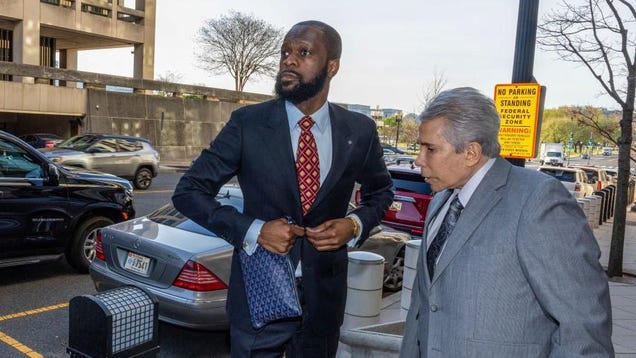
Convicted Fugees rapper Prakazrel “Pras” Michél said his former lawyer bungled his trial with a closing argument written by AI.
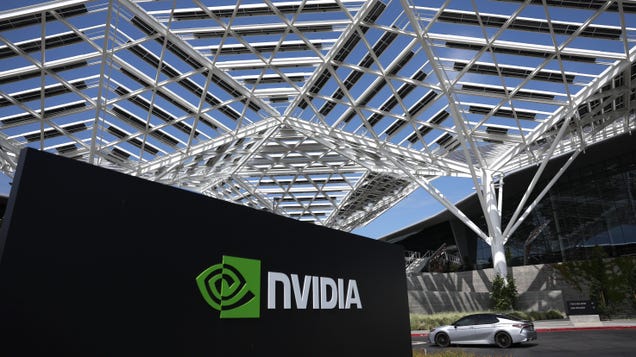
The Biden administration laid out new restrictions on Tuesday to limit the primary and secondary sale of United States-made chips to China, according to a CNBC report. The move is an effort to limit the nation’s technological and military progress.
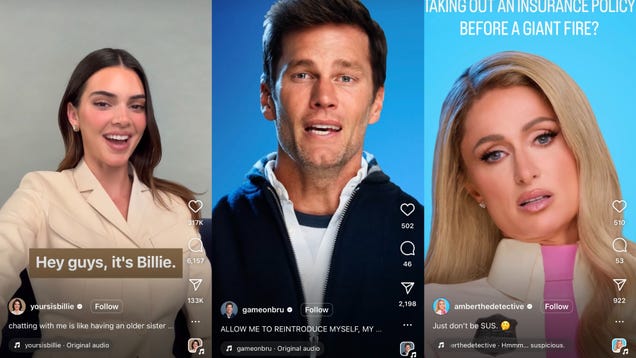
Meta’s flirtation with innovation has been, at best, poorly panning out and, at worst, delightfully creepy. The latter best describes the case of the tech company’s new foray into AI with machine-generated personas.

If you’re behind on what’s happening with the robot uprising, have no fear. Here’s a quick look at some of the weirdest and wildest artificial intelligence news from the past week.
